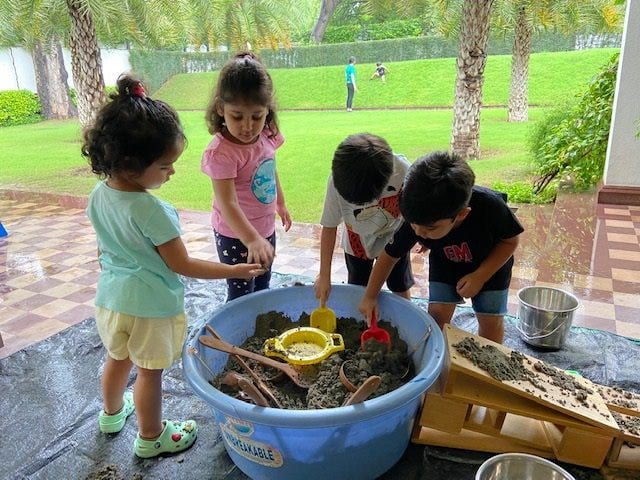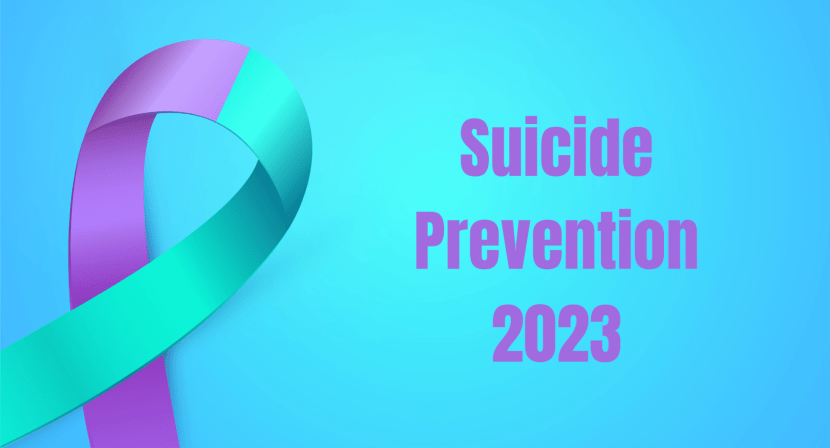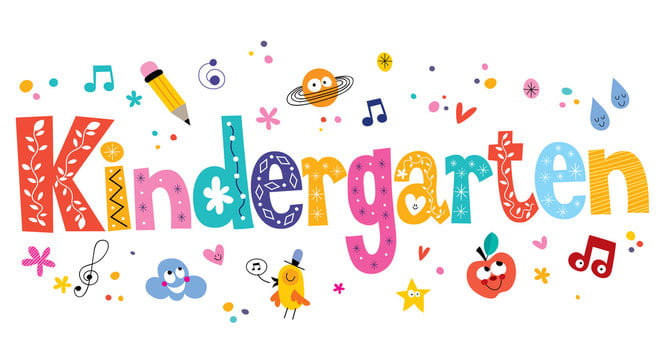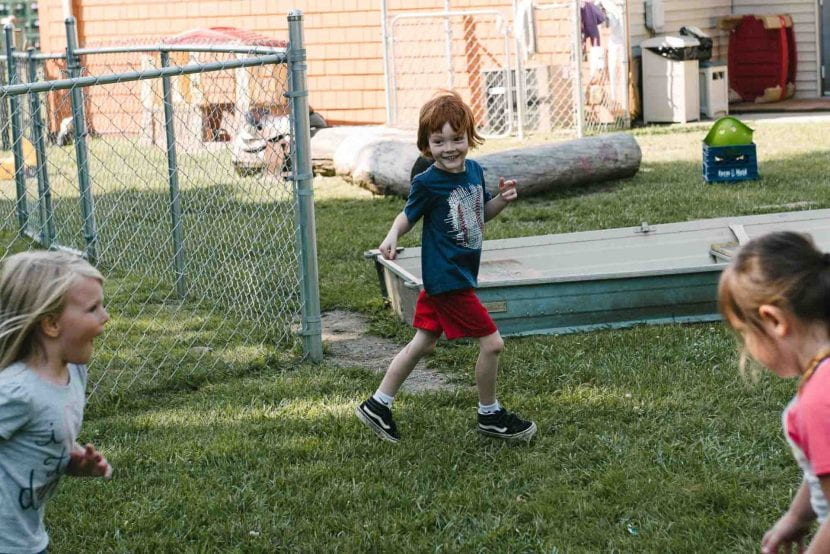The Benefits of Sensory Play
Sensory play isn’t just about using your senses as there are so many other things you can do with it. As children play, they use their senses (touch, sight, hearing, smell, and sometimes taste) to explore and discover the world around them. Children engage with a variety of materials, textures, colors, sounds, and smells, which…









